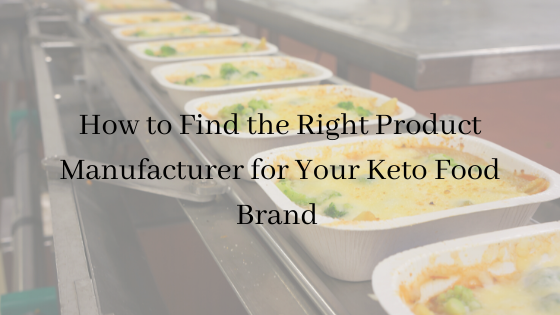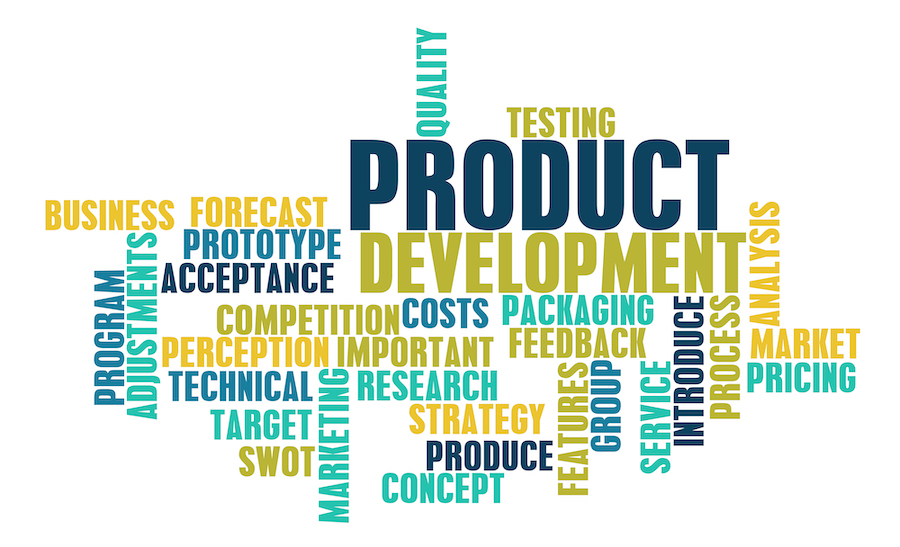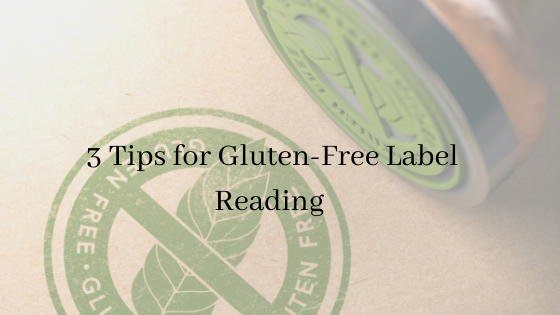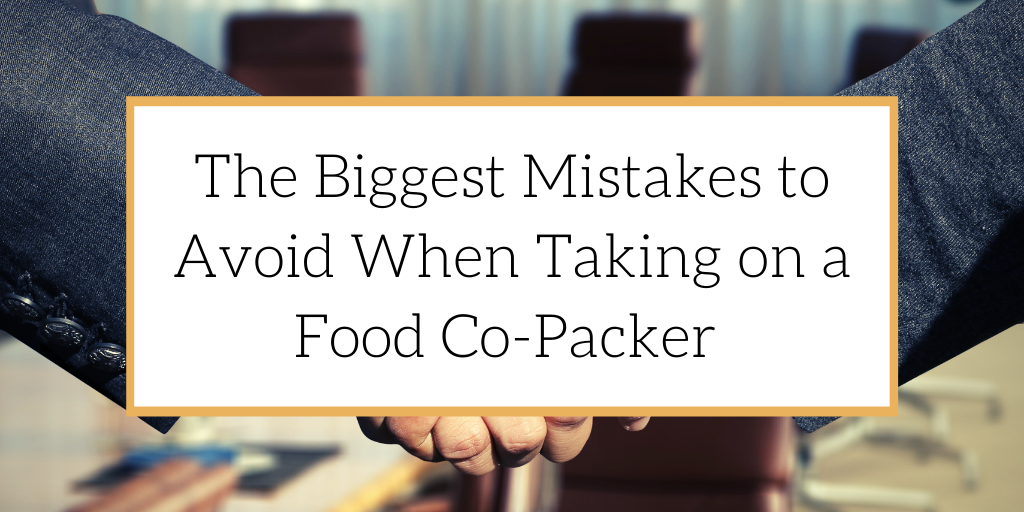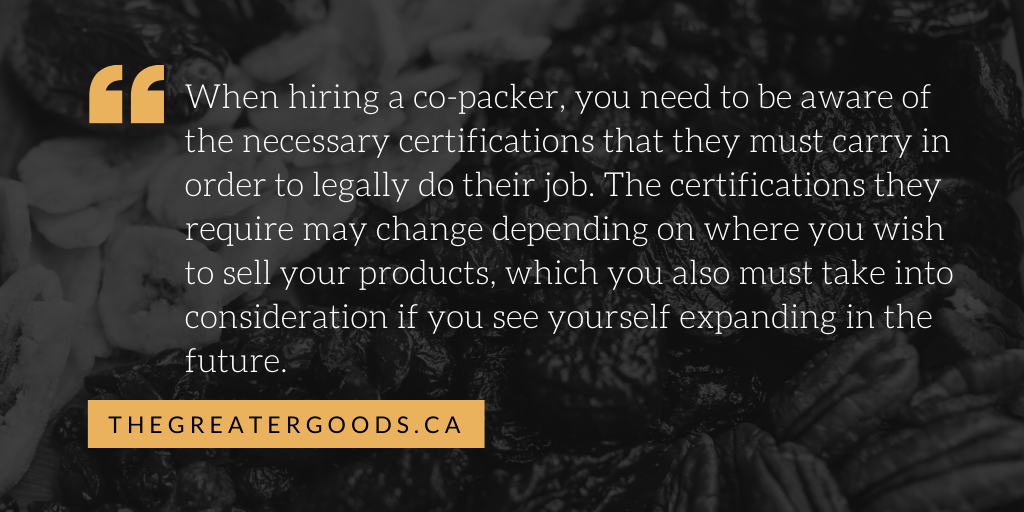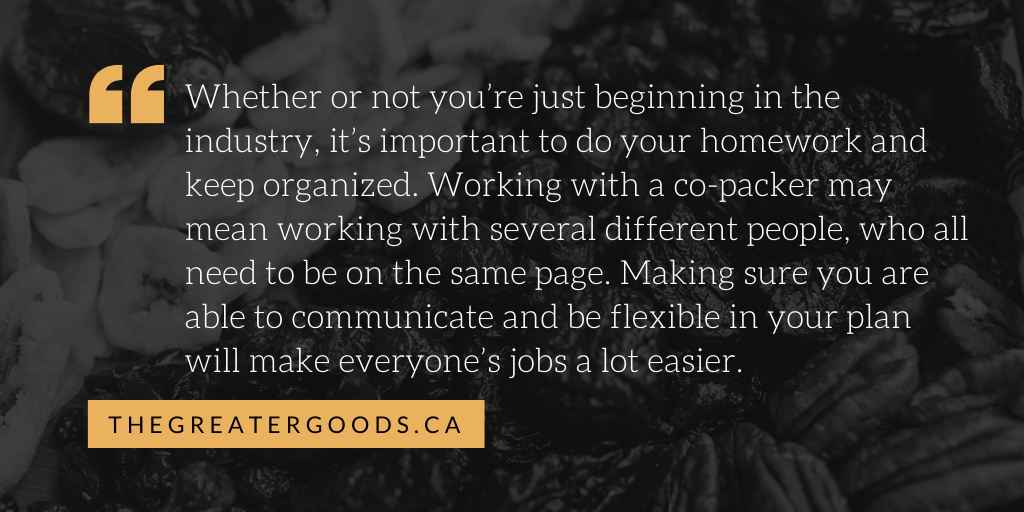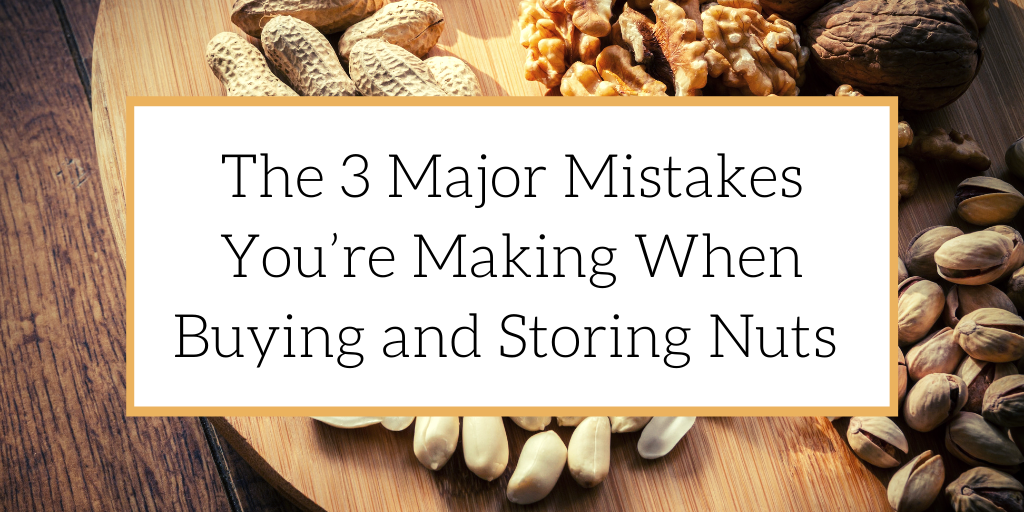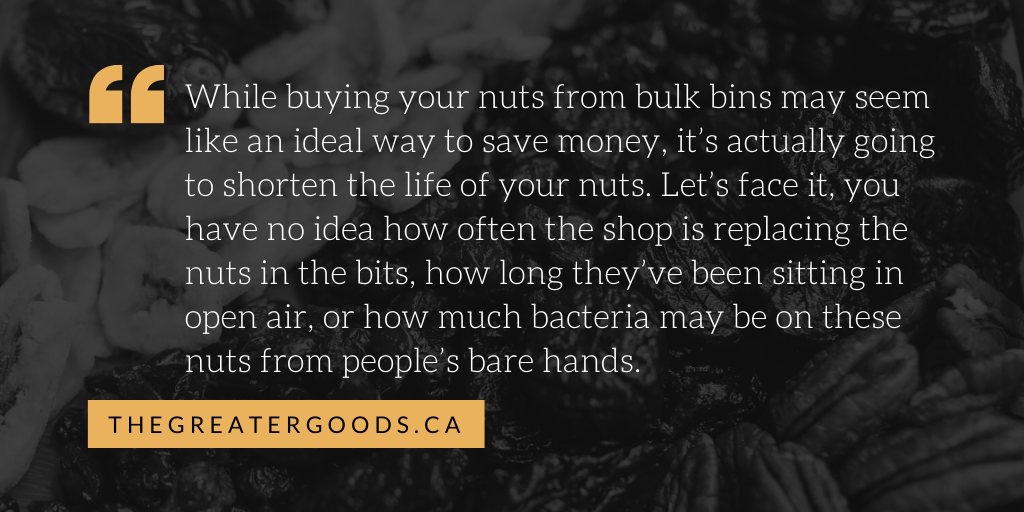If you or a loved one have food allergies or sensitivities, then chances are you are somewhat familiar with “free-from” food, which is food that is lacking in a certain ingredient. Free-from food has been around for years to help accommodate those with intolerances, making it that much easier for them to find foods that won’t put their health at risk.
Now, however, free-from foods are more popular than ever, as people without medical needs are also searching out and consuming these kinds of products. What is driving this free-from food movement? Let’s take a closer look.
What is “Free-From” Food?
Before we get further into the movement itself, let’s clarify what is typically meant by “free-from” food. This is an umbrella term that refers to the absence of a particular ingredient in food, like “peanut-free”, and the preparation of food, such as GMO-free. Some other common examples include:
- Sugar-free
- Gluten-free
- Fat-free
- No additives
- No preservatives
- Egg-free
What is Driving the Free-From Food Movement?
There are several things that may be contributing to the free-from food movement, such as the demand for more natural foods, food as a status symbol, and the improvements in taste.
Increased Interest in Natural Foods
Free-from food encompasses foods that are lacking in colour, texture, and flavour enhancers, which are often the result of artificial ingredients. Now, there are natural additives out there, like citric acid for example, but some people consider any kind of additive to be unhealthy or at the very least undesirable in their food. Therefore, any kind of food that is labelled as additive-free may be seen as more natural than others, appealing to those who are trying their best to make more natural food choices.
Celebrity Influence
There are certain celebrities and wellness influencers who insist that free-from foods are some of the healthiest options out there, even if you don’t have any food intolerances or allergies. Those who admire and want to be like these famous people may decide to join in on this free-from food movement to demonstrate that they too are trendy and modern when it comes to making food choices.
A lot of celebrities also follow certain diets to look the way that they do, so their followers may try to eat the same types of foods to emulate their looks. Some of these influencers’ claims aren’t always entirely accurate, of course, but the power of celebrity can sometimes outweigh a lack of scientific data.
Improvements in Taste and Texture
The effects of an increased interest in natural foods and celebrity influence may not be nearly as prominent if not for the fact that free-from foods have generally come a long way in terms of taste and texture. Some people still associate free-from food with an undesirable or complete lack of flavour or texture, but the truth is there have been marked improvements in both categories throughout the years. The fact that a free-from food label doesn’t automatically turn a lot of consumers off these days has been essential to the free-from food movement, as there is no good reason to not at least give it a try anymore.



